Strawberry soil ph too high...
silent88
11 years ago
Related Stories
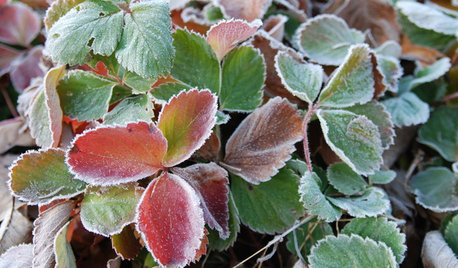
GARDENING GUIDESGreat Design Plant: Strawberries for All Seasons
An edible carpet? It's possible with a mass planting of this tough ground cover
Full Story
GARDENING GUIDESGrow a Beautiful Garden in Alkaline Soil
Got alkaline soil? Learn how to manage it and the many beautiful plants that will thrive in this ‘sweet’ soil
Full Story
GARDENING GUIDESGet the Dirt on Your Garden’s Soil
Understand how your soil supports your plants so you can ensure your garden’s success
Full Story
FARM YOUR YARDHow to Get Good Soil for Your Edible Garden
The nutrients in your soil feed the plants that feed you. Here are tips on getting it right — just in time for planting season
Full Story
GARDENING GUIDESHow to Stop Worrying and Start Loving Clay Soil
Clay has many more benefits than you might imagine
Full Story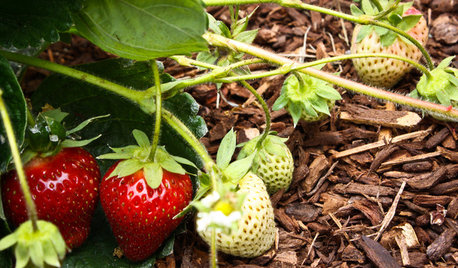
SPRING GARDENINGSummer Crops: How to Grow Strawberries
Pluck your own sweet strawberries right from the garden vine for smoothies, salads or eating then and there
Full Story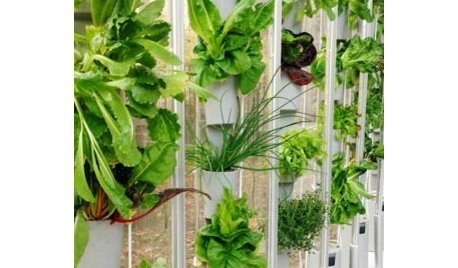
PRODUCT PICKSGuest Picks: High-Tech Plant Helpers
Hydroponics, monitoring systems, even an electric pollinator ... these gadgets and services keep your greenery growing strong
Full Story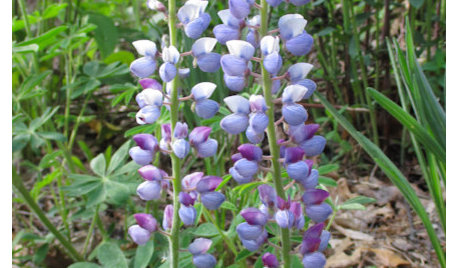
GARDENING GUIDESGreat Design Plant: Wild Lupine Dresses Up Rocky Gardens
Spiky blue flowers and a high tolerance for poor soil make this plant ideal for tough sites
Full Story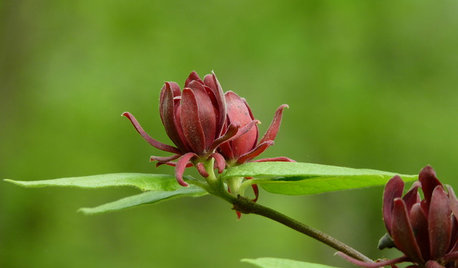
GARDENING GUIDESGreat Design Plant: Calycanthus Floridus
This U.S. native plant — also called Eastern sweetshrub, Carolina allspice and strawberry shrub — is an aromatic and a visual treat
Full Story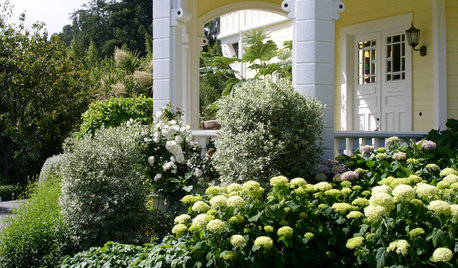
GARDENING AND LANDSCAPINGHave a Ball With Hydrangeas
Even if you don't tinker with the hue by changing the soil, hydrangeas have an entertaining range of uses in all kinds of landscapes
Full Story





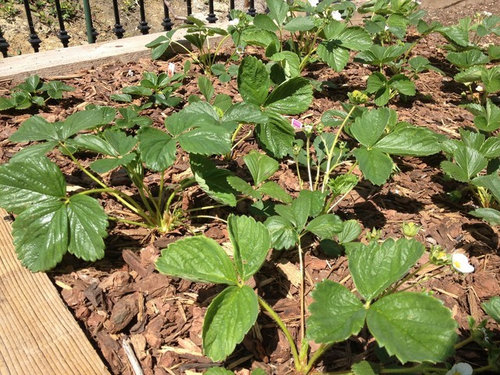
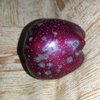

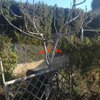
Raw_Nature
silent88Original Author
Related Professionals
Arnold Landscape Architects & Landscape Designers · Forest Acres Landscape Architects & Landscape Designers · Annandale Landscape Contractors · Beverly Hills Landscape Contractors · Brookfield Landscape Contractors · Clark Landscape Contractors · Damascus Landscape Contractors · McLean Landscape Contractors · North Lauderdale Landscape Contractors · Oak Harbor Landscape Contractors · Pahrump Landscape Contractors · Twin Falls Landscape Contractors · Whitehall Landscape Contractors · Woodburn Landscape Contractors · Sun Valley Landscape ContractorsMichael
riverman1
Raw_Nature
ericwi
silent88Original Author
ericwi
fabaceae_native
Raw_Nature
drew51 SE MI Z5b/6a
Raw_Nature
ericwi
Raw_Nature
ericwi